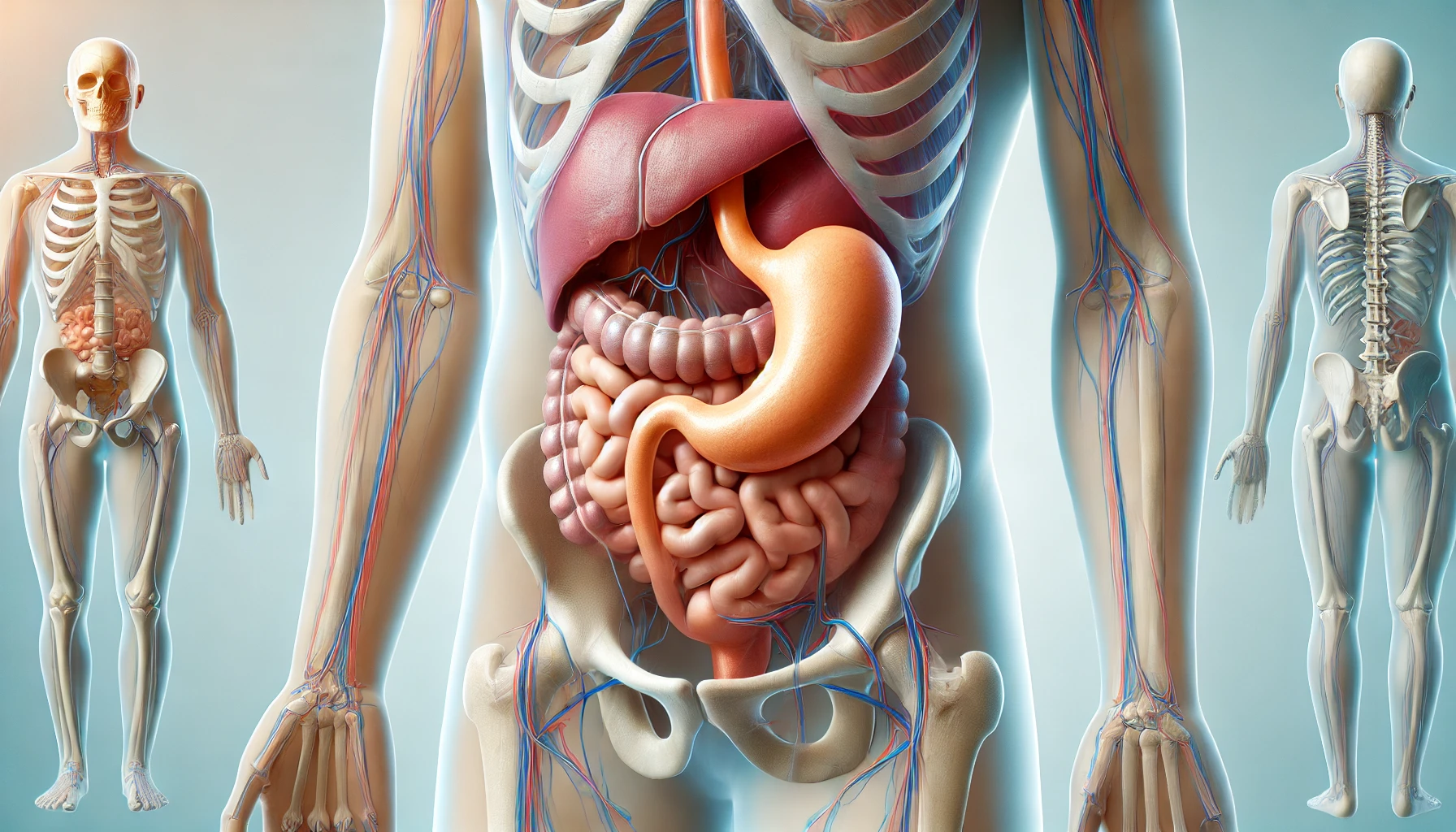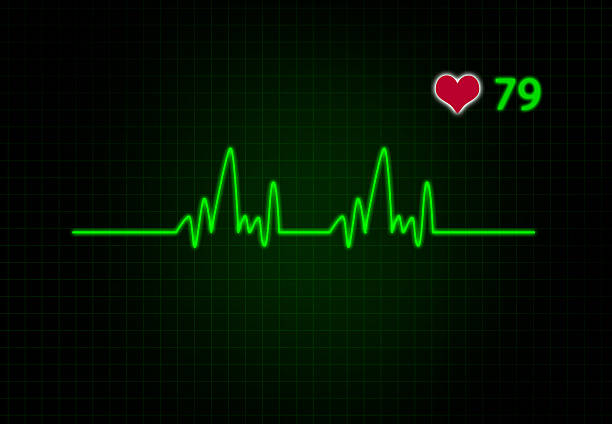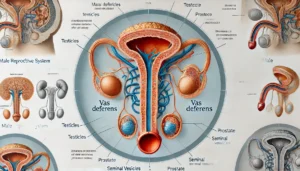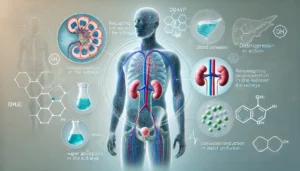LUQ pain refers to discomfort or pain in the left upper quadrant of your abdomen. This area is located on the upper left side of your stomach, just below your ribs. Many organs are located in this region, such as the spleen, part of the stomach, pancreas, and portions of the intestines. Understanding the causes, symptoms, and treatments of LUQ pain is important for your health and well-being.
Common Causes of LUQ Pain
Several reasons can lead to LUQ pain, and some may be more serious than others. It’s important to know what might be causing this discomfort so that you can seek the right medical attention if necessary. Below are some common causes of LUQ pain:
- Gas or Indigestion
Gas buildup or indigestion can cause temporary pain in the LUQ. When your stomach struggles to digest food, it can lead to bloating, cramping, and discomfort in this area. This type of pain is usually short-lived and goes away after you release the gas or after taking medication for indigestion. - Gastritis
Gastritis is when the lining of your stomach becomes inflamed. This can happen due to a variety of factors like infection, alcohol consumption, or certain medications. The pain is often in the LUQ and can feel like a burning sensation. It may get worse after eating spicy or acidic foods. - Spleen Issues
The spleen is an organ located in the LUQ, and it plays an important role in filtering your blood. Sometimes, the spleen can become enlarged (a condition called splenomegaly), leading to pain. In rare cases, the spleen can rupture, which can cause sudden and severe LUQ pain that requires immediate medical attention. - Pancreatitis
The pancreas, also located near the LUQ, helps digest food by producing enzymes. If the pancreas becomes inflamed (pancreatitis), it can cause LUQ pain. This pain is often accompanied by nausea, vomiting, and sometimes fever. Pancreatitis can be acute or chronic, and both forms require medical care. - Kidney Stones
Although kidney stones are more commonly associated with lower abdominal pain, they can also cause pain in the upper regions, including the LUQ. When a kidney stone moves, it can cause sharp pain that comes and goes, often radiating to other parts of the abdomen and back. - Heart Issues
While heart problems are usually felt in the chest, certain heart conditions, such as angina or a heart attack, can sometimes cause referred pain to the LUQ. If LUQ pain is accompanied by symptoms like shortness of breath, sweating, or dizziness, it’s important to seek medical attention immediately.
Symptoms Accompanying LUQ Pain
LUQ pain may be the primary symptom, but it’s often accompanied by other symptoms that can help pinpoint the cause. Some of these symptoms include:
- Nausea and Vomiting: This is common with gastrointestinal issues, pancreatitis, or infections.
- Bloating or Gas: This can indicate indigestion or other stomach-related problems.
- Fever or Chills: These symptoms often point to an infection or inflammation.
- Changes in Bowel Movements: Diarrhea or constipation can sometimes occur alongside LUQ pain.
- Weight Loss: Unexplained weight loss could indicate a more serious underlying condition.
- Fatigue: Persistent fatigue could be linked to issues like pancreatitis or infection.
When to See a Doctor for LUQ Pain
LUQ pain can sometimes be a minor inconvenience that goes away on its own, but there are times when you should seek medical advice. You should contact a healthcare provider if:
- The pain is severe or sudden.
- The pain doesn’t improve after a few days.
- You experience additional symptoms like fever, vomiting, or difficulty breathing.
- You have a history of digestive or heart issues.
In some cases, doctors may recommend imaging tests such as an ultrasound, CT scan, or MRI to get a closer look at the organs in the LUQ. Blood tests can also be useful to detect infections or other conditions.
Treatment Options for LUQ Pain
Treatment for LUQ pain depends on the underlying cause. Some of the more common treatments include:
- Medications: Over-the-counter antacids can help with indigestion or gastritis, while prescription drugs may be needed for more serious conditions like pancreatitis.
- Diet Changes: If the pain is related to digestive issues, altering your diet may help. Avoiding spicy, fatty, or acidic foods can reduce symptoms.
- Rest: Sometimes rest is all you need to recover from LUQ pain, especially if it’s caused by minor injuries or indigestion.
- Surgery: In more severe cases, such as a ruptured spleen or large kidney stones, surgery may be necessary to treat the pain.
Preventing LUQ Pain
Although not all causes of LUQ pain can be prevented, there are steps you can take to minimize your risk. Here are some tips to help prevent LUQ pain:
- Eat a Balanced Diet: Eating a diet rich in fruits, vegetables, and whole grains can help prevent digestive problems.
- Stay Hydrated: Drinking plenty of water can help prevent kidney stones and promote overall digestive health.
- Avoid Excess Alcohol: Too much alcohol can inflame your stomach lining and pancreas, leading to LUQ pain.
- Exercise Regularly: Regular exercise promotes healthy digestion and helps maintain a healthy weight, which can reduce the risk of certain conditions that cause LUQ pain.
- Monitor Medications: Be aware of any medications that could irritate your stomach or pancreas and consult with your doctor if you have concerns.
Conclusion: Listen to Your Body
LUQ pain can range from mild discomfort to severe pain. While some causes are harmless and may go away on their own, others require immediate medical attention. It’s important to listen to your body and pay attention to any other symptoms you may be experiencing. If you’re unsure or concerned about the pain in your LUQ, don’t hesitate to consult with a healthcare provider.













